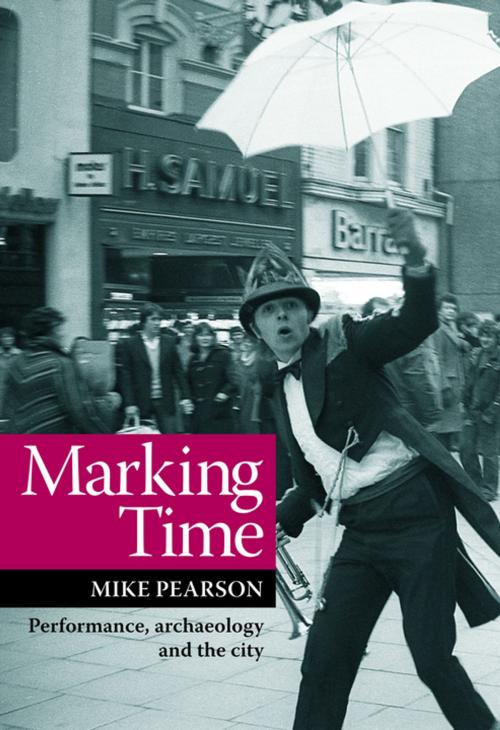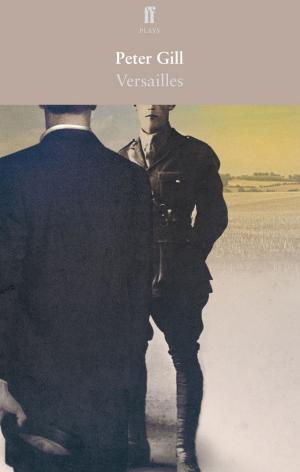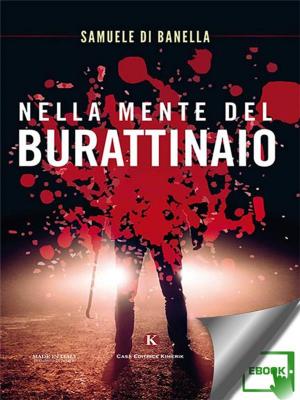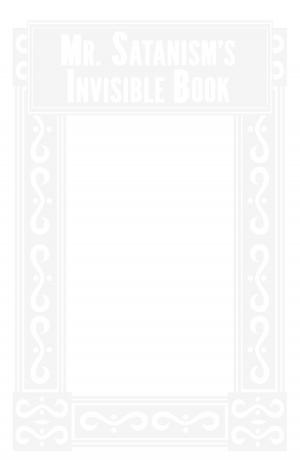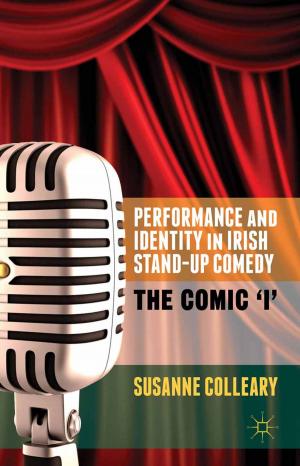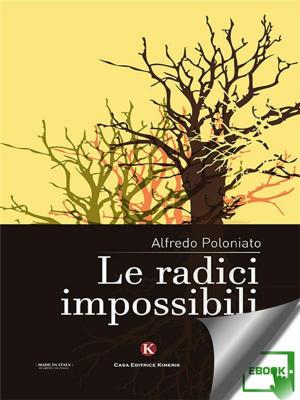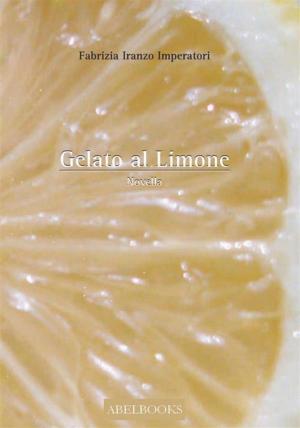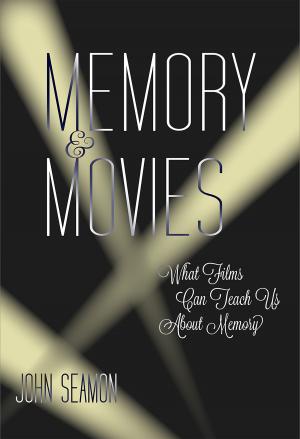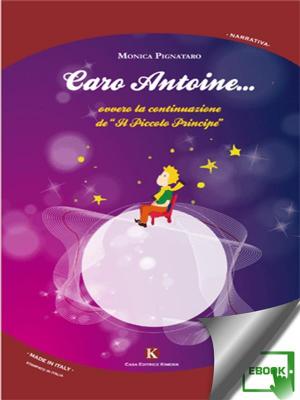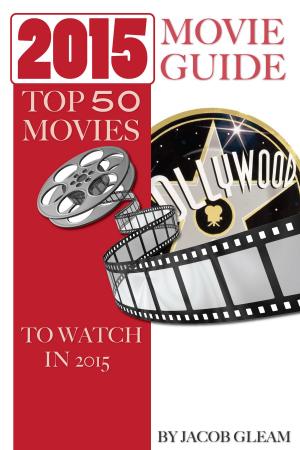Marking Time
Performance, Archaeology and the City
Nonfiction, Art & Architecture, Architecture, Landscape, Entertainment, Theatre, Performing Arts| Author: | Mike Pearson | ISBN: | 9780859899864 |
| Publisher: | University of Exeter Press | Publication: | March 26, 2015 |
| Imprint: | University of Exeter Press | Language: | English |
| Author: | Mike Pearson |
| ISBN: | 9780859899864 |
| Publisher: | University of Exeter Press |
| Publication: | March 26, 2015 |
| Imprint: | University of Exeter Press |
| Language: | English |
Marking Time: Performance, archaeology and the city charts a genealogy of alternative practices of theatre-making since the 1960s in one particular city – Cardiff. In a series of five itineraries, it visits fifty sites where significant events occurred, setting performances within local topographical and social contexts, and in relation to a specific architecture and polity. These sites – from disused factories to scenes of crime, from auditoria to film sets – it regards as landmarks in the conception of a history of performance.
Marking Time uses performance and places as a means to reflect on the character of the city itself – its history, its fabric and make-up, its cultural ecology and its changing nature. Weaving together personal recollections, dramatic scripts, archival records and documentary photographs, it suggests a new model for studying and for making performance…for other artistic practices…for other cities.
Marking Time is an urban companion to the rural themes and fieldwork approaches considered in ‘In Comes I’: Performance, Memory and Landscape (University of Exeter Press, 2006).
Marking Time: Performance, archaeology and the city charts a genealogy of alternative practices of theatre-making since the 1960s in one particular city – Cardiff. In a series of five itineraries, it visits fifty sites where significant events occurred, setting performances within local topographical and social contexts, and in relation to a specific architecture and polity. These sites – from disused factories to scenes of crime, from auditoria to film sets – it regards as landmarks in the conception of a history of performance.
Marking Time uses performance and places as a means to reflect on the character of the city itself – its history, its fabric and make-up, its cultural ecology and its changing nature. Weaving together personal recollections, dramatic scripts, archival records and documentary photographs, it suggests a new model for studying and for making performance…for other artistic practices…for other cities.
Marking Time is an urban companion to the rural themes and fieldwork approaches considered in ‘In Comes I’: Performance, Memory and Landscape (University of Exeter Press, 2006).
